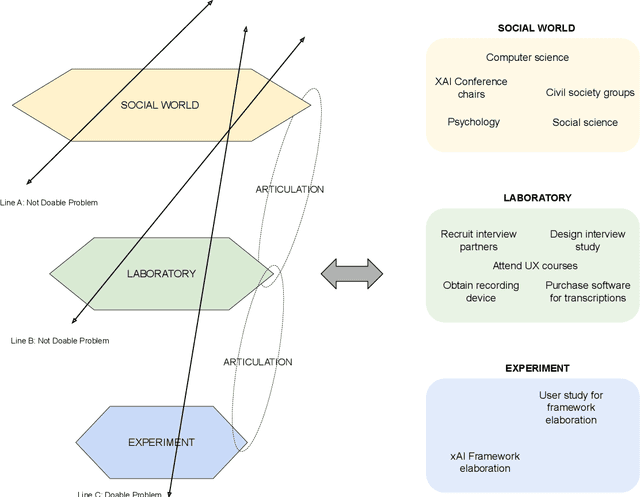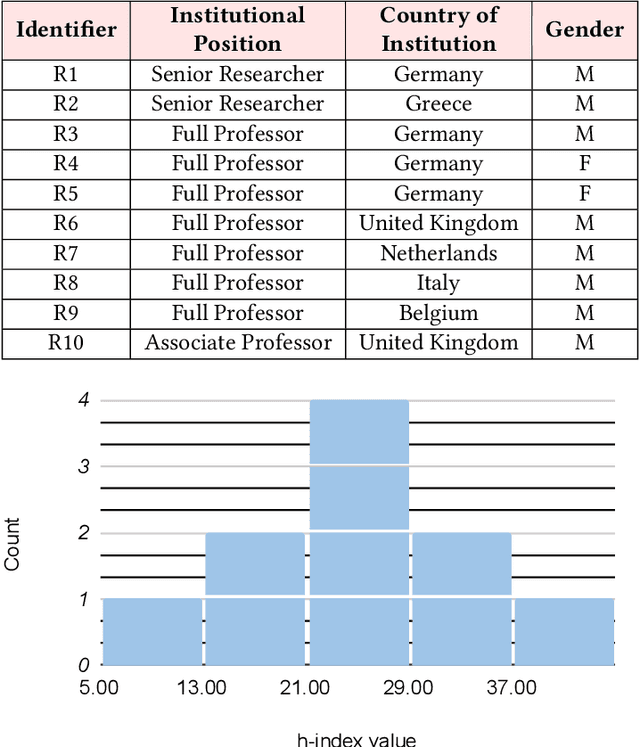Miriam Fahimi
Articulation Work and Tinkering for Fairness in Machine Learning
Jul 23, 2024


Abstract:The field of fair AI aims to counter biased algorithms through computational modelling. However, it faces increasing criticism for perpetuating the use of overly technical and reductionist methods. As a result, novel approaches appear in the field to address more socially-oriented and interdisciplinary (SOI) perspectives on fair AI. In this paper, we take this dynamic as the starting point to study the tension between computer science (CS) and SOI research. By drawing on STS and CSCW theory, we position fair AI research as a matter of 'organizational alignment': what makes research 'doable' is the successful alignment of three levels of work organization (the social world, the laboratory and the experiment). Based on qualitative interviews with CS researchers, we analyze the tasks, resources, and actors required for doable research in the case of fair AI. We find that CS researchers engage with SOI to some extent, but organizational conditions, articulation work, and ambiguities of the social world constrain the doability of SOI research. Based on our findings, we identify and discuss problems for aligning CS and SOI as fair AI continues to evolve.
 Add to Chrome
Add to Chrome Add to Firefox
Add to Firefox Add to Edge
Add to Edge